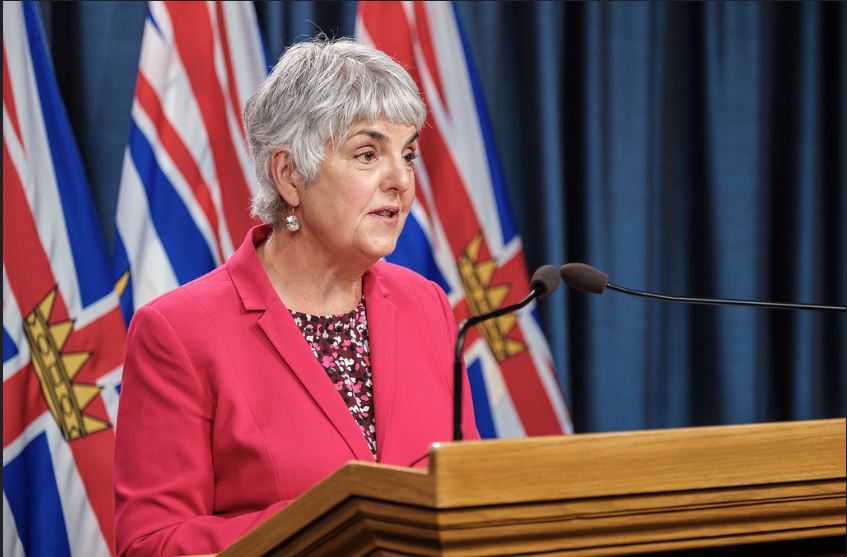We now have a clear picture of just how much the province is spending to keep people and businesses afloat during the pandemic.
The summary of COVID-19 investments to date was released today, as well as a scenario of revenue and deficit projections.
To date, the province has doled out $6.26 billion in COVID-19 supports.
That includes the $5 billion in supplementary spending for B.C.’s COVID-19 Action Plan supports, such as workers benefits, rent supplements, income and disability assistance supports, and economic recovery funding.
These are in addition to $1.26 billion in other tax and relief measures for people and businesses, including the one-time increase to the climate action tax credit and property tax reductions for businesses.
With the pandemic response, and a significant revenue decline due to the pandemic, the B.C. government’s total operating deficit for 2020-21 could be $12.5 billion, based on projections developed by the Ministry of Finance.
“B.C. has made extraordinary investments in people and businesses through B.C.’s COVID-19 Action Plan and we will continue to provide the supports people need as the pandemic and the economic impacts evolve,” finance minister Carole James said.
James said B.C.’s safe restart plan is creating signs of hope for our economy as consumer confidence increases.
“These results have only been possible because of our strong public health measures,” James added. “As we continue our work to create a strong recovery, we also have an opportunity to build a stronger B.C. that works for everyone in our province.”
So far during the pandemic:
- To date, more than 600,000 British Columbians have received the one-time, tax-free $1,000 BC Emergency Benefit for Workers.
- More than 80 per cent of B.C. families received an enhanced climate action tax credit in July – giving them an additional $450, double the annual amount.
- Over 200,000 people have received disability and income assistance crisis supplements.
- More than 81,000 applications have been approved for the temporary rent relief supplement to date.
- Over 250,000 eligible front-line workers will get temporary pandemic pay, a lump-sum payment of about $4 per hour for a 16-week period.
- Businesses are getting an average 25 per cent cut to property tax bills, deferred tax payments, BC Hydro rate reductions, eviction protection and rent relief.
- On average, private-sector forecasters expect B.C.’s real gross domestic product to decline by 5.4 per cent in 2020.
According to James, the pandemic has exposed underlying gaps in our economy and society.
“We have been reminded of the need for strong public services and supports, workplace safety and our collective responsibility to take care of each other, and I’m looking forward to putting people’s input into action as we move forward with the economic recovery of our province,” she said.
As part of the COVID-19 Action Plan, $1.5 billion has been earmarked for economic recovery measures to be announced in September.






